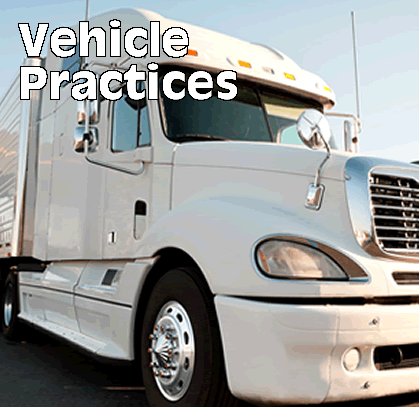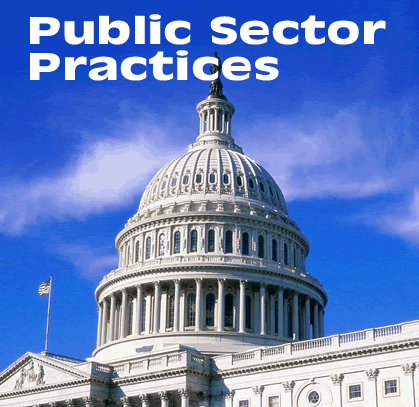Click above to access these areas of sustainable freight practices for more information:
The concept of “sustainability” emerged decades ago and has become a key topic for politicians, regulators, businesses and the media. The term has several meanings – to some it is a strategy for maintaining and improving environmental conditions. Others view sustainable practices as a way to conserve resources and function more efficiently. At the very highest level, sustainable practices are typically defined as those actions and activities that support economic, environmental and equity goals.
In business, sustainability is often defined as managing the triple bottom line – a process by which companies manage their financial, social and environmental risks, obligations and opportunities. These three impacts are sometimes referred to as profits, people and planet. A more robust definition is that business sustainability represents resiliency over time – businesses that can survive shocks because they are intimately connected to healthy economic, social and environmental systems. These businesses create economic value and contribute to healthy ecosystems and strong communities.
This compendium describes sustainable practices from the trucking industry’s perspective and highlights the positive impacts of, and opportunities for, specific sustainability tools and programs. The various sections of the compendium describe the role truck drivers can play in advancing sustainability, including driving and vehicle operating techniques that can significantly decrease fuel consumption. Also included in the compendium are vehicle practices including a discussion of trends and impacts related to aerodynamics, tires, engines, alternative fuels, cargo management systems, and higher productivity vehicles. The compendium also describes the role of the public sector in advancing sustainability in the trucking industry, including congestion mitigation, financial incentives and government-funded research and development.




